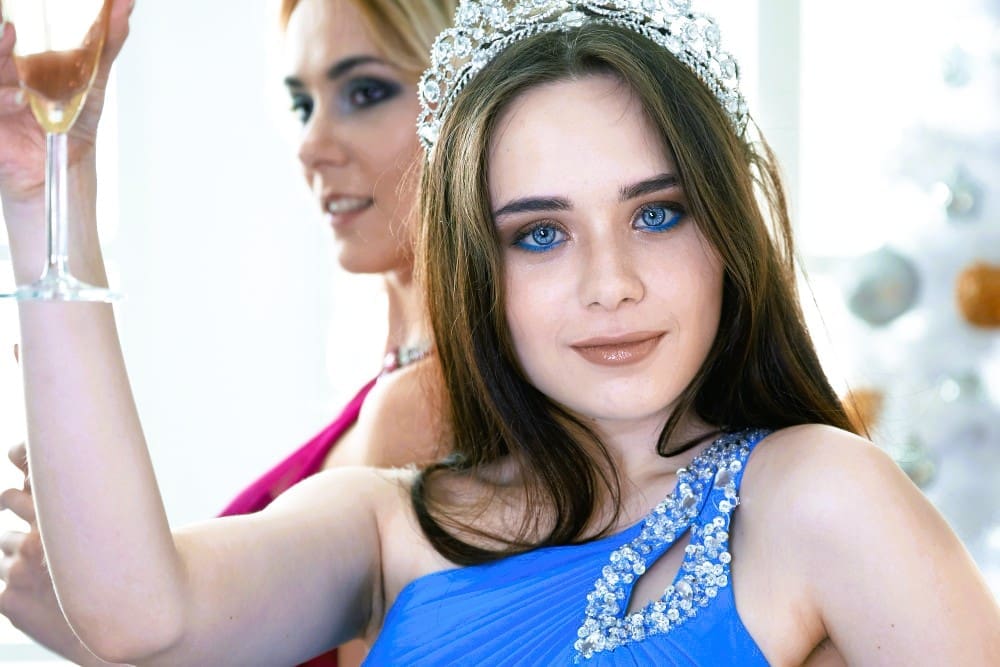In a world where cultural perceptions of beauty are constantly evolving, recent developments underscore a significant shift in how beauty pageants and aesthetics are perceived. The decision by the Miss Netherlands pageant organizers to dissolve the competition marks a pivotal moment, reflecting broader societal changes.
In a move that has sparked conversation, organizers of the now-defunct Miss Netherlands beauty pageant have announced the termination of the event, citing, “The world is changing.” This decision is emblematic of a larger trend, as traditional beauty contests worldwide reevaluate their roles and relevance in a modern context.
Amidst these changes, the Miss Universe 2024 event showcased Denmark’s Victoria Kjær Theilvig as the winner. This prestigious pageant highlighted both the grandeur and diversity of national costumes, sparking interest across global audiences.
Furthermore, celebrity influence remains prevalent in beauty culture. Model Emily Ratajkowski candidly addressed the complexities of fame, stating, “I wasn’t just famous; I was famously sexy,” highlighting the pressures associated with public perception. Meanwhile, Selena Gomez emphasized the interplay between beauty and mental health, presenting an evolving narrative about aesthetics and personal well-being.
In a broader context, beauty paradigms are shifting. Alok Vaid-Menon, a prominent voice in the industry, proclaimed, “It’s time for a new beauty paradigm,” advocating for broader inclusivity and representation. This sentiment is shared by many, as evidenced by diverse events such as celebrity lookalike contests gaining traction online, challenging conventional standards of beauty.
Cultural expressions of beauty are also undergoing a resurgence, particularly among African women reviving tattoo traditions once diminished by colonial influences. This revitalization underscores a commitment to preserving heritage while embracing modern identity.
The impact of beauty extends beyond surface-level aesthetics, touching sectors like fashion and media. The return of thin eyebrows and the exploration of novel nail art designs indicate evolving trends that continue to shape the industry. Additionally, high-profile events, such as a beauty queen embroiled in a xenophobia debate, demonstrate the often complex intersection between beauty, identity, and politics.
Social media plays a pivotal role in shaping contemporary beauty narratives, providing a platform for voices and styles that might otherwise go unnoticed. From bold makeup statements at the Emmys to discussions about the cultural significance of red lipstick, these digital dialogues reflect an ever-expanding spectrum of beauty ideals.
As the global perspective on beauty continues to shift, it is clear that notions of aesthetics will remain fluid and dynamic. The changes in beauty pageants, coupled with a broader embrace of diverse voices and traditions, signify a new era of inclusivity and representation. While certain traditional elements persist, the landscape is increasingly defined by a mosaic of influences that challenge the status quo, paving the way for future generations to redefine beauty on their own terms.







